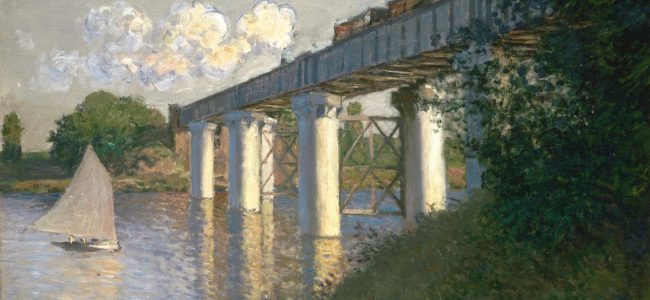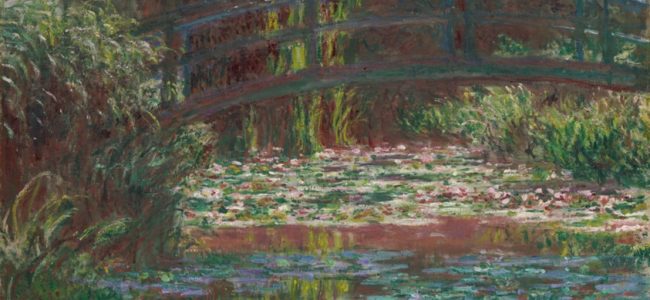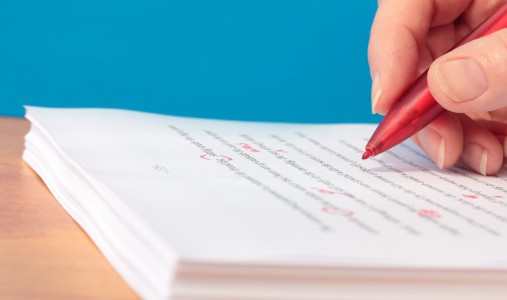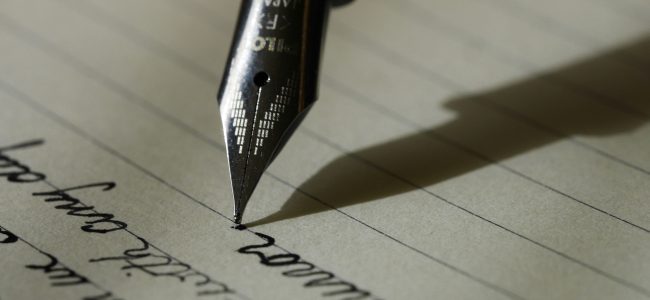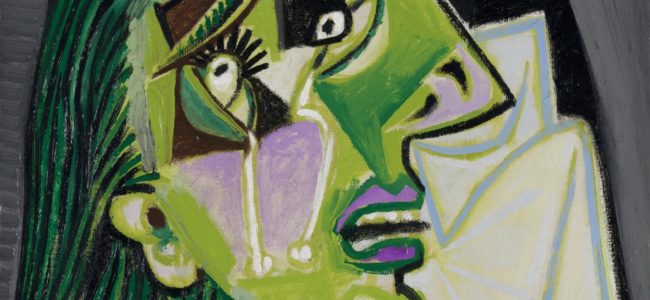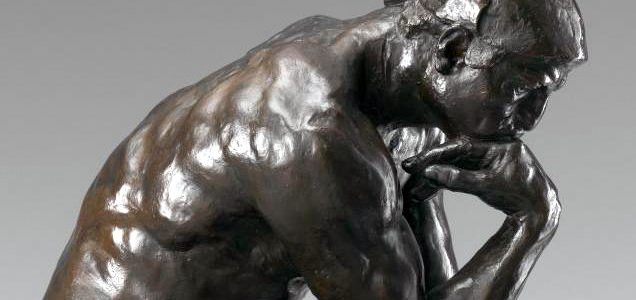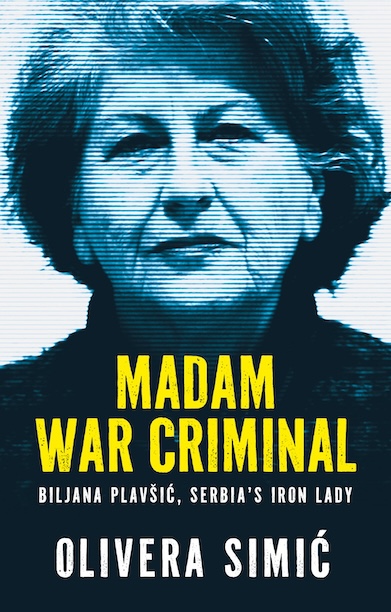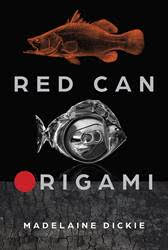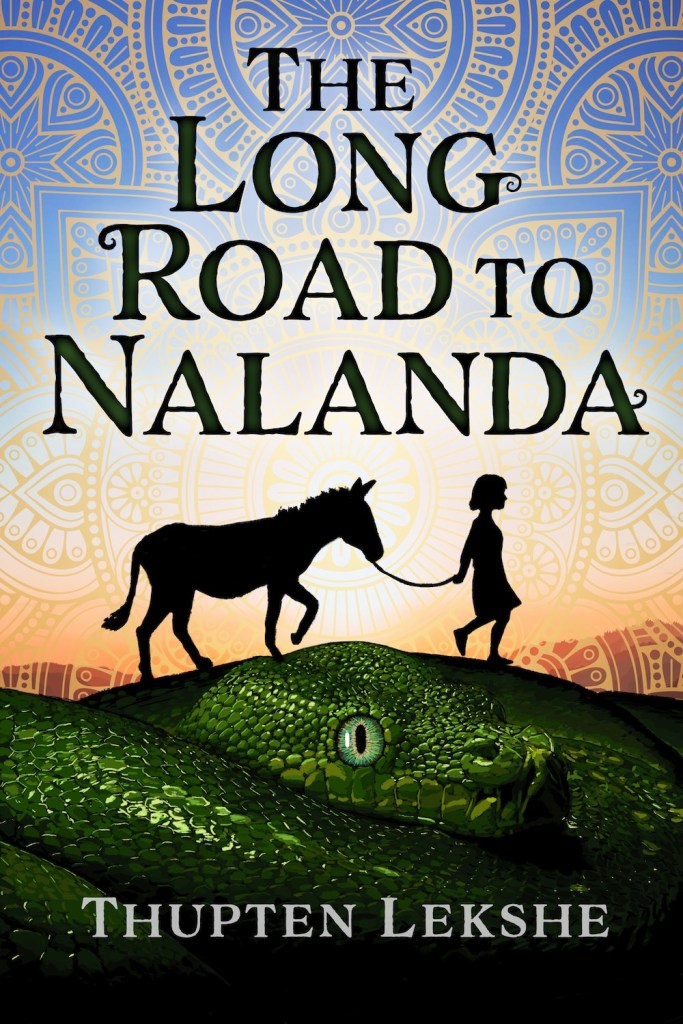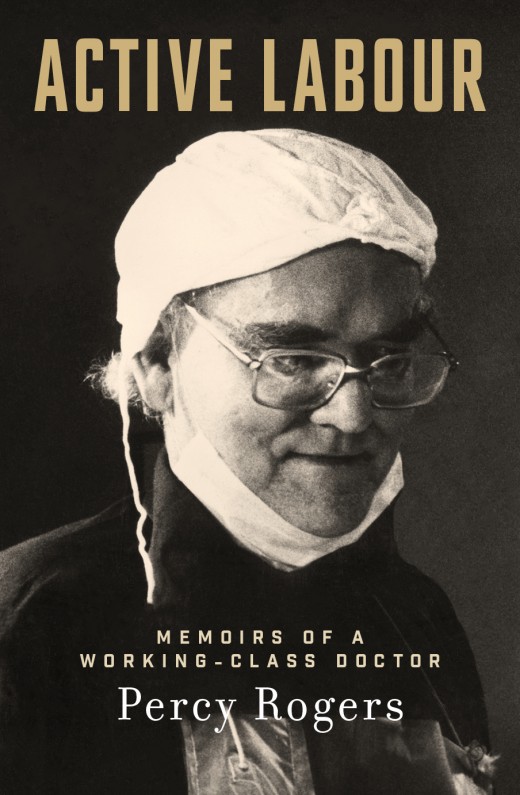
The famous literary Brontë family lived in Haworth Parsonage, Yorkshire, between 1820 and 1861. Their austere grey-stone home, surrounded by dark-green trees, prickly hedges and bleak moors, is infused with gothic imaginations. Even though it is now the Brontë Parsonage Museum, and nothing can be touched, this is a place where astonishing art was created by three sisters. I imagine […]
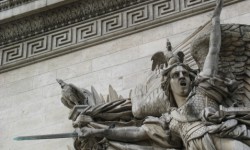
Are you gagging for another English grammar quiz? If so, sharpen your red pencil and put on your proofreading thinking-cap! There is more than one error relating to grammar and punctuation in each of the following ten sentences. Can you spot them? Each grammar ‘issue’ has been covered in the last few articles written for ‘The Art of Writing & […]
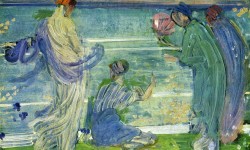
These days, it is cool to poo-poo the pursuit of beauty in art, but avant-garde writers and artists in late-nineteenth-century Europe, particularly in the hedonistic capital of France, celebrated the power of beauty to transform the beholder. English literary genius, Oscar Wilde, was notorious as the witty spokesman of Aestheticism and its bold declaration that art should be independent from […]
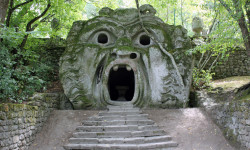
Unprecedented mass surveillance and the implications for our private lives, now and into the future, are scary—invisible monsters inhabit the built environment, listening and taking note. Gardens can be our escape, however bizarre. In my mind I make a return visit to one of Italy’s most mysterious and ingenious sixteenth-century gardens: Sacre Bosco in Bomarzo, 42 miles north of Rome. […]
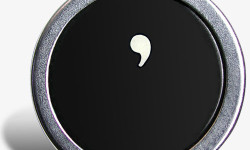
In the English language, the apostrophe has a lot to do with possession and omission. Its (not It’s!) misuse in punctuation is a hot topic . . . for editors and proofreaders, and anyone else who cares. The trend today is to say or write something in the briefest way possible—social media has made sure of that. So using the […]
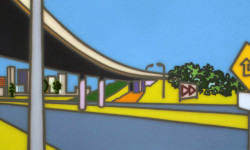
Another Christmas is behind us. January, and a hot, dry Melbourne summer are upon us again. Howard Arkley’s air-brushed, brightly-coloured pictorial images of triple-fronted brick veneer Melbourne homes remind me of when I was younger, and the route I regularly walked from the bus stop to the local swimming pool. I would marvel at those cream-brick, highly-prized family havens. Today, […]
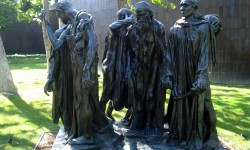
French sculptor, Auguste Rodin (1840-1917), brought sculpture out of the doldrums and gave it a surface energy never seen before. For Rodin, it is the surface that expresses the results of internal and external forces. I appreciated this when I visited the Musée Rodin in Paris and saw the freshness of terracotta and plaster casts formed and moulded by Rodin’s […]

Throughout the last few months I’ve been keeping a record of some commonly confused, or simply confusing, words that I’ve come across in my job as an editor and proofreader. Do you ‘orient’ or ‘orientate’ yourself? Do you ‘inquire’ or ‘enquire’? Is an event ‘eminent’ or ‘imminent’? Some of these words are spelt so similarly, or sound so similar, that […]
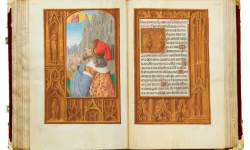
Entering The University of Melbourne’s Ian Potter Museum of Art, I walked upstairs and entered a darkened room: soft light illuminated the central glass case containing a small medieval prayer book opened to reveal a biblical scene in brilliant colour, painted on parchment. I could just see the crimson velvet binding around the edge of the cover, and I imagined […]
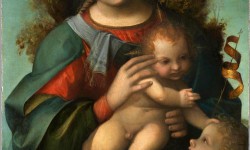
Walking through the National Gallery of Victoria’s rooms displaying fifteenth-to-sixteenth-century European art recently, I was pleased to see the Gallery’s 2011 purchase of the painting by Correggio (Antonio Allegri, 1489–1534), ‘Madonna and Child with Infant John the Baptist’ (1514-1515), included in the ‘hang’. At the time of purchase the painting was identified as a valuable work of art with qualities that […]



